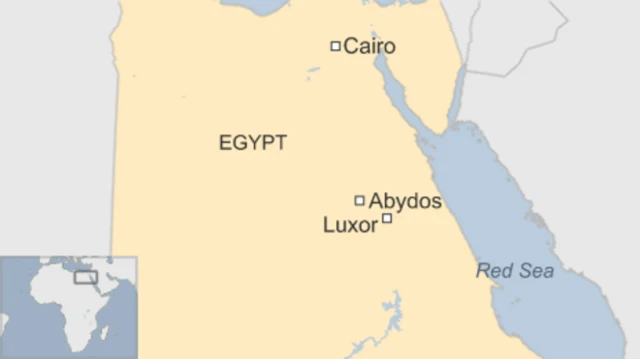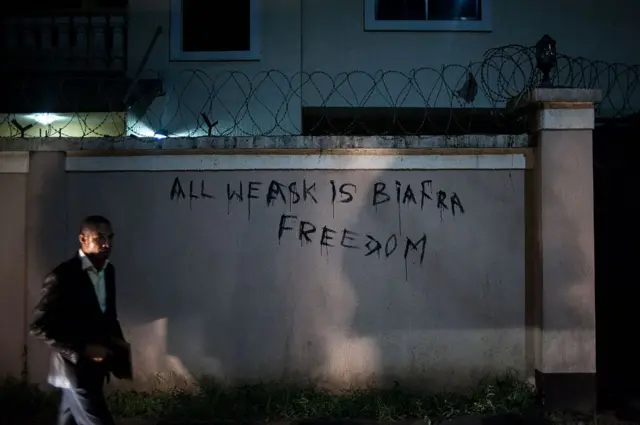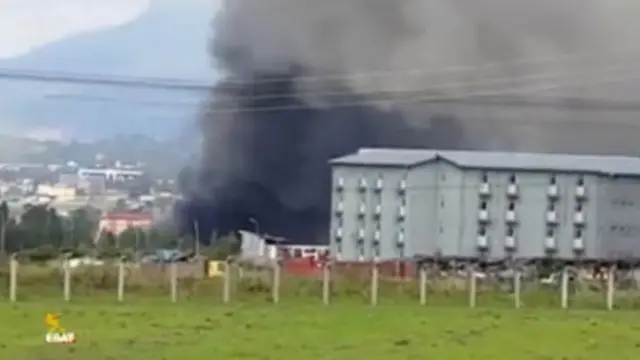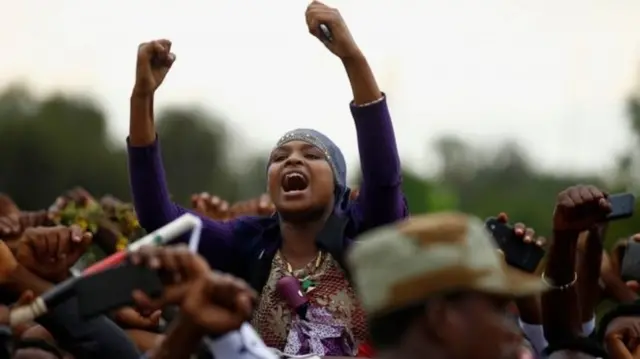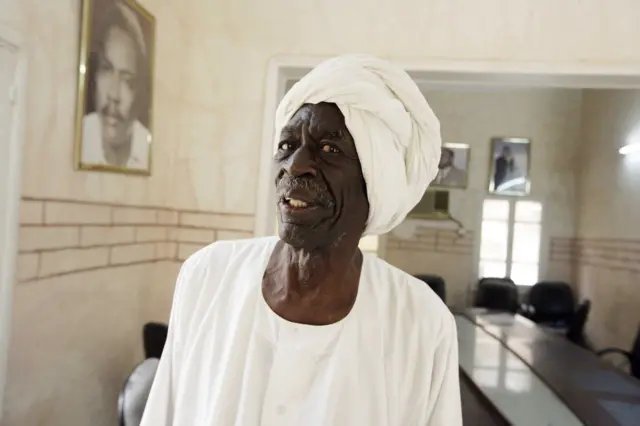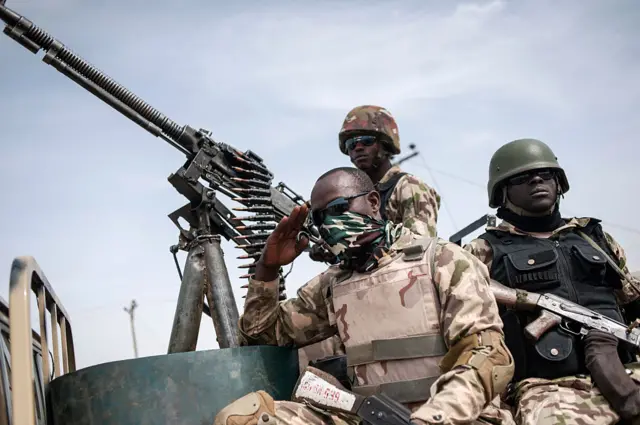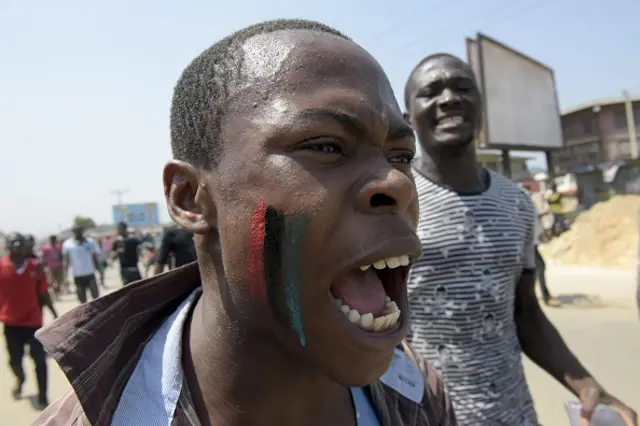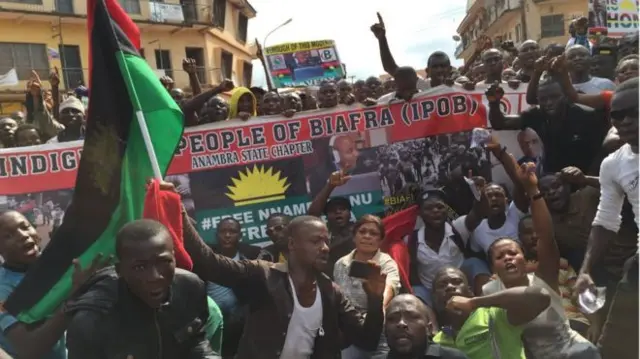Chad arrests anti-government protest organiserspublished at 10:08 GMT 24 November 2016
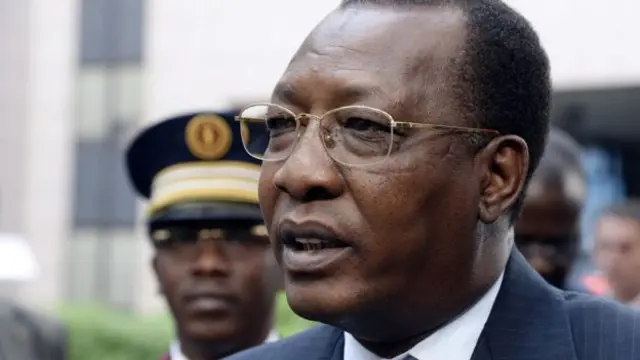 Image source, Getty Images
Image source, Getty ImagesPresident Idriss Deby is accused of taking a hard line with critics
Eleven members of an opposition coalition in Chad have been taken into custody, pending possible charges for allegedly trying to organise an anti-government protest, BBC Afriue reports.
The demonstration was due to take place on 17 November but was banned by the authorities.
All those arrested are part of the New Opposition For Alternance and Change (Fonac), which has been campaigning against austerity measures in Chad.
Fonac lawyer Alain Kagombe told the BBC they were arrested when police raided an opposition meeting:
Quote MessageThe circumstances of their arrest are deplorable. They were presented to the prosecutors who ordered their detention without setting a date for trial. So without a date, they could be detained indefinitely."
President Idriss Deby came to power in 1990 after toppling Hissene Habre.
He won a fifth term in April 2016 after elections that opposition said were marred by fraud.
